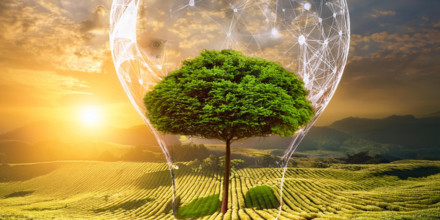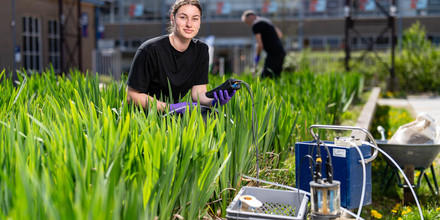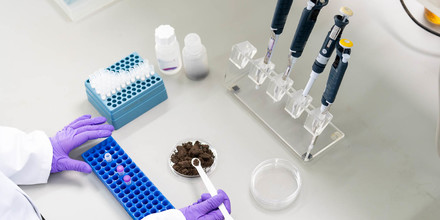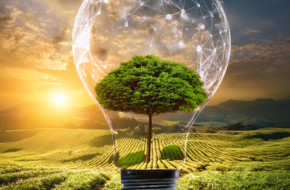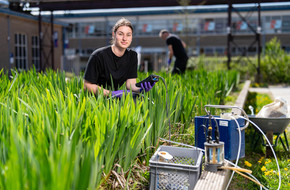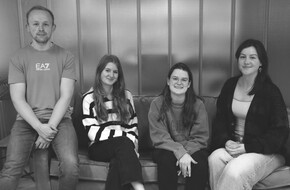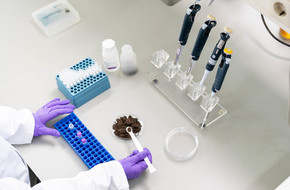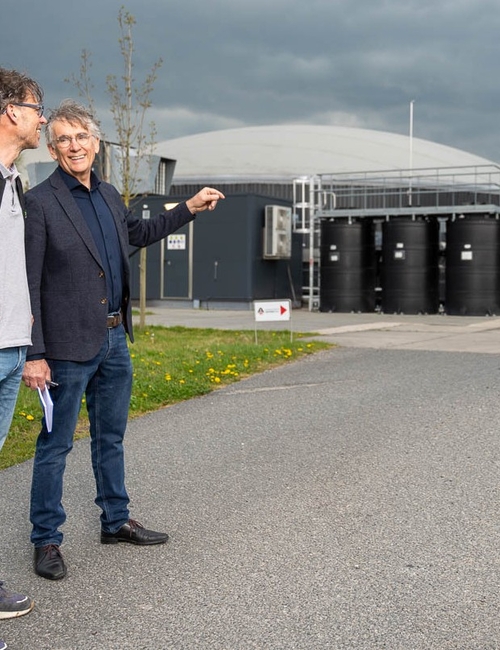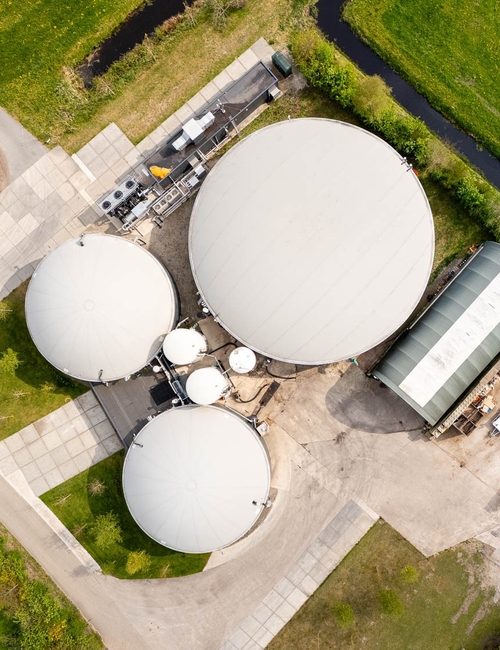Bio Energy
Renewable energy as a future perspective
As part of the energy transition, the government aims to make the Netherlands one of Europe's most sustainable countries. The aim is to develop an energy system with minimal CO2 emissions, using energy from renewable sources as much as possible and, where this is not yet possible, using fossil fuels as cleanly as possible. A major and essential challenge is to develop innovative solutions for sectors such as shipping, aviation and industry, which cannot easily be made sustainable with solar and wind energy alone.
Bioclear earth is playing an active role in this energy transition by researching sustainable energy production using biological processes to convert waste streams into valuable energy sources.
